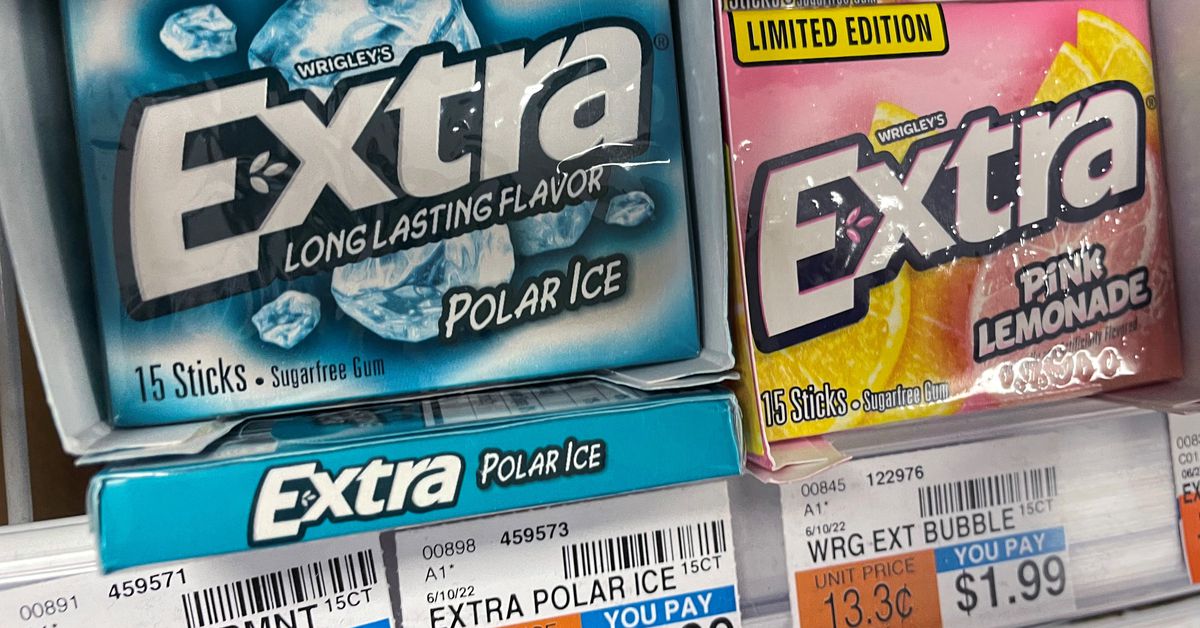The IARC’s decisions have also faced criticism for sparking needless alarm over hard to avoid substances or situations. It has previously put working overnight and consuming red meat into its “probably cancer-causing” class, and using mobile phones as “possibly cancer-causing”, similar to aspartame.
Pickes are on the list too I think.
deleted by creator
I mean… it can still be cancer causing despite being hard to avoid. If it’s impossible to avoid (“breathing probably cancer-causing”) then I could see the argument. But all-nighters and red meat are pretty avoidable for a sizable fraction - maybe not all - of people who are in that group.
Breathing is cancer causing. Free radicals from blood oxygenation are a source of cancer. As are free radicals from cellular metabolism.
The point is more “12-36 cans of diet soda per day to begin seeing potential health effects” is a signal to noise ratio so far removed from reality you might as well wander into the woods fully detached from the world forever.
And then worry about getting cancer from breathing in unknown fungal spores growing in the soils around you, or try to make sure you find a place to settle that has a lower than average uranium content in the rocks and soil, too.
This is the reverse of “handguns kill cancer cells in a petri dish.” If you introduce so much of a compound around DNA that every other molecular interaction is your compound, eventually you’ll get something to happen, that’s just statistics.
Can we avoid click-bait headlines like “exclusive”? This is a Reuters story about the WHO. It’s not exclusive.
That’s… pretty bad…
Sure, I didn’t think the stuff was actually healthy as such but this is pretty big.
Going to have to keep an eye on this…
It looks like the actual research suggests that you can have the amount of aspartame in 12-36 cans of diet soda before you increase your cancer risk, so even if you stay on the conservative side of that, and say “no more than 12 cans,” I think most people don’t have to change their aspartame intake in response to this. You should definitely talk to your doctor about it if you already have a high cancer risk, or really like diet soda, or just want more reliable information than you can get online.
I think the more useful takeaway from this article is that beverage companies are trying to keep aspartame from being declared a possible carcinogen. That’s hardly surprising, but it seems more verifiably true than the proposition that aspartame is a significant carcinogen. A lot of things can increase cancer risk slightly, but much fewer increase cancer risk enough to worry about them.
12-36 cans per what? Week, month, year, lifetime? :)
The article says daily
If you’re drinking 36 cans of soda per day, you’ve got bigger problems than aspartame.
Ya I’ve known people that might drink 6-8 diet cokes in a day, but even exceeding 12 seems unlikely.
Other possible carcinogens include rubbing lead all over your body and licking 50 year old paint.
Of course, the actual magnitude of effect is so monstrously different that it’d almost seem dishonest for someone to claim this in a vacuum, especially in the face of the several decades of research, several thousand studies, several hundred animal tests, all of which have found no actual proposed chemical route of cancer generation from aspartame.
xkcd Signifiacnt
There goes my plan to start selling lead flavored aspartam sweetened sodas…
Wy partner chews a lot of gum and I just checked - it contains aspartame. Anyone knows of any decently priced alternatives?
For example, an adult weighing 60 kg (132 pounds) would have to drink between 12 and 36 cans of diet soda – depending on the amount of aspartame in the beverage – every day to be at risk.
I’m going to go out on a limb here and say that gum probably contains far less aspartame that soda, so I doubt it’s any cause for concern and probably much better than gum that contains sugar
Full Xylitol ones should not need other sweeteners. Availability probably depends on where you are.
Weren’t they saying this back in the 90s?








